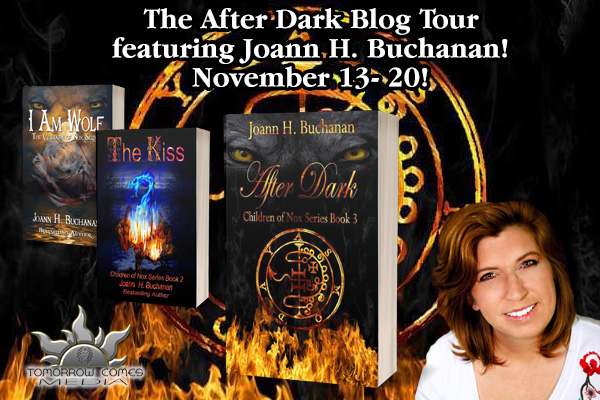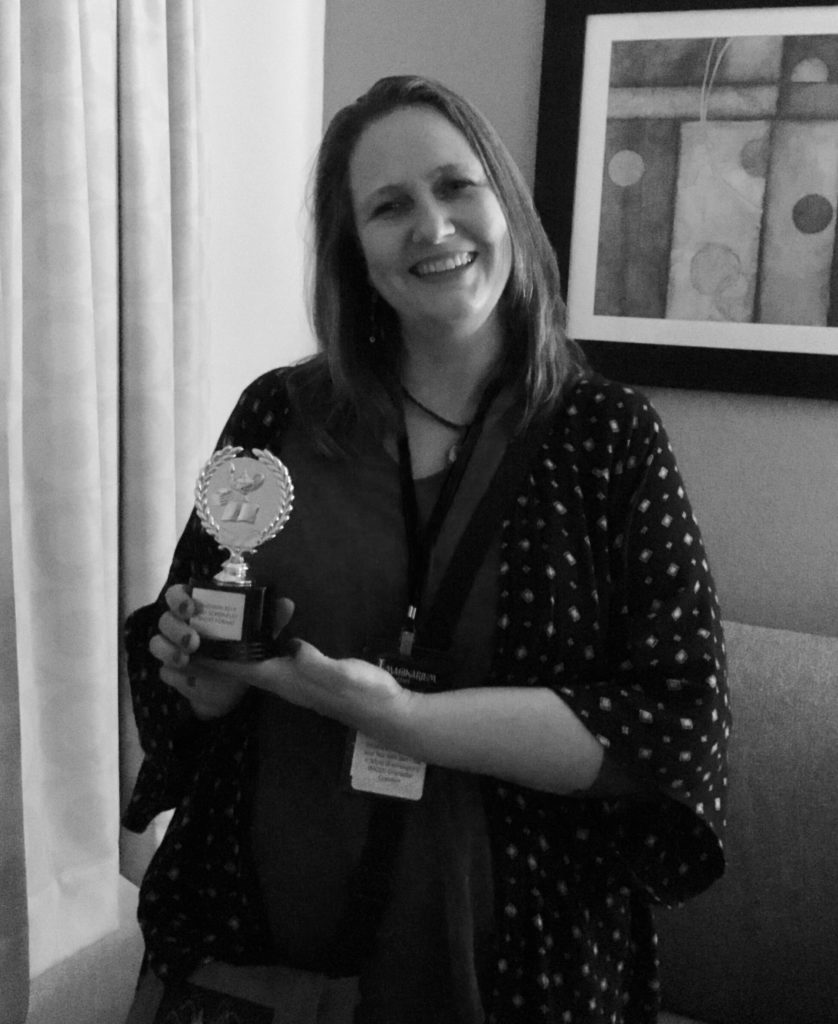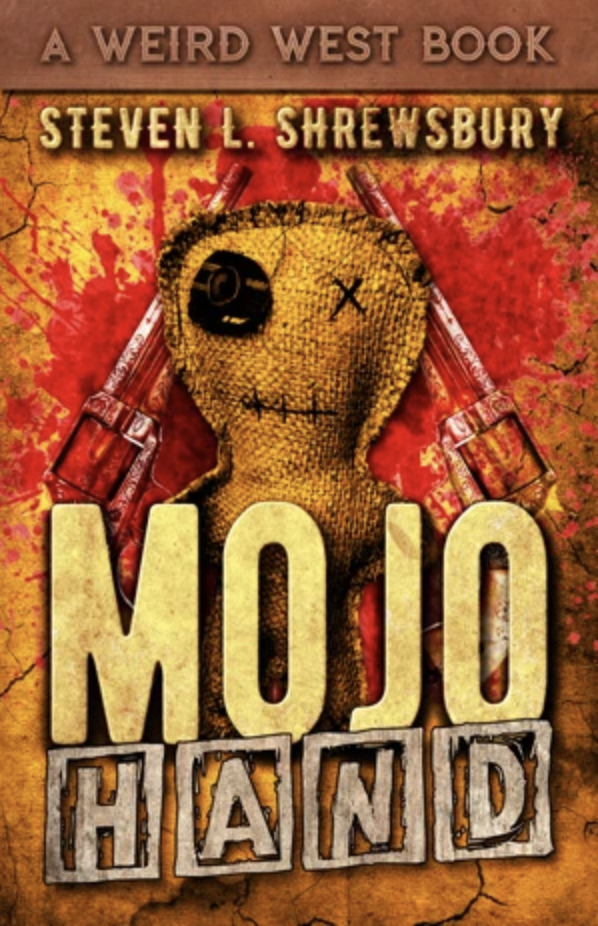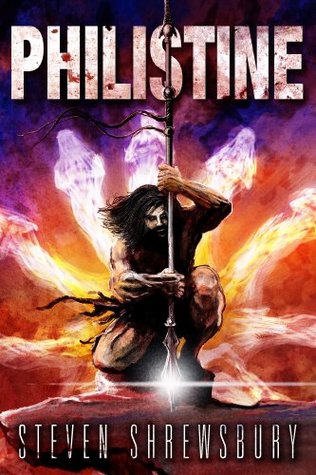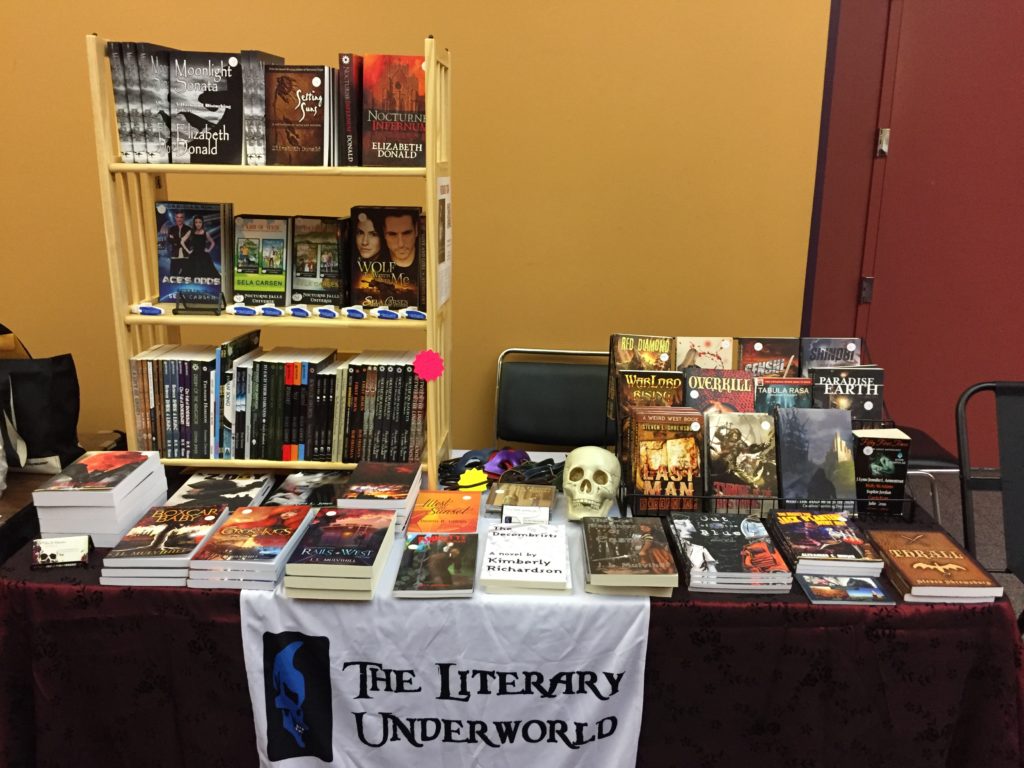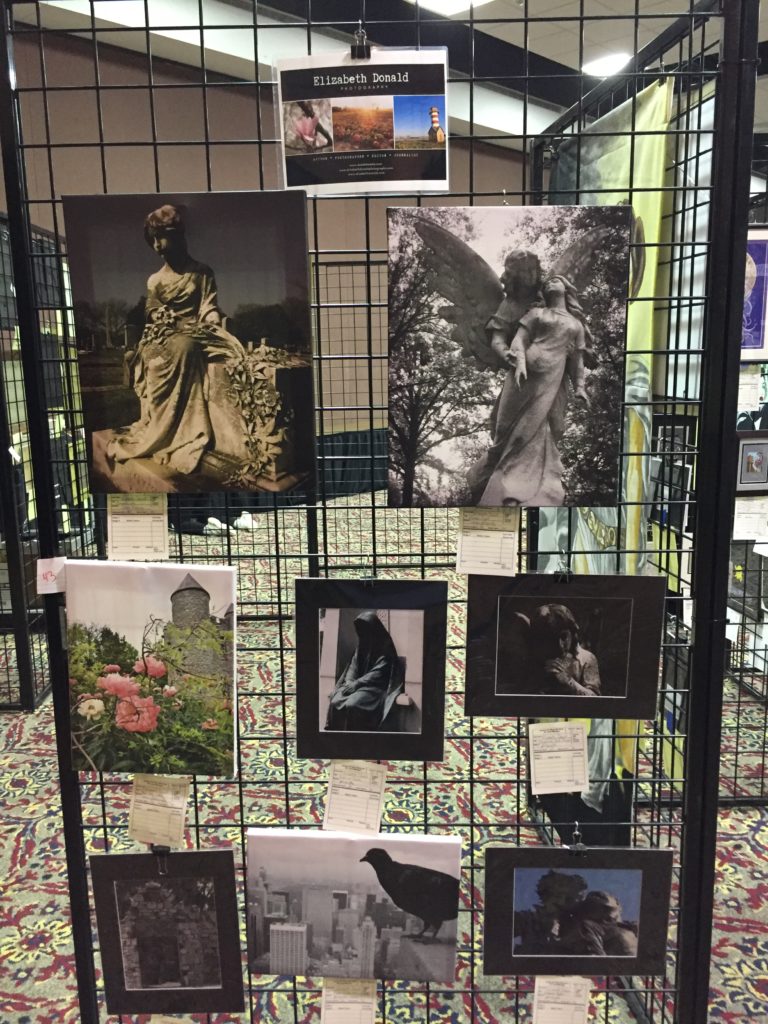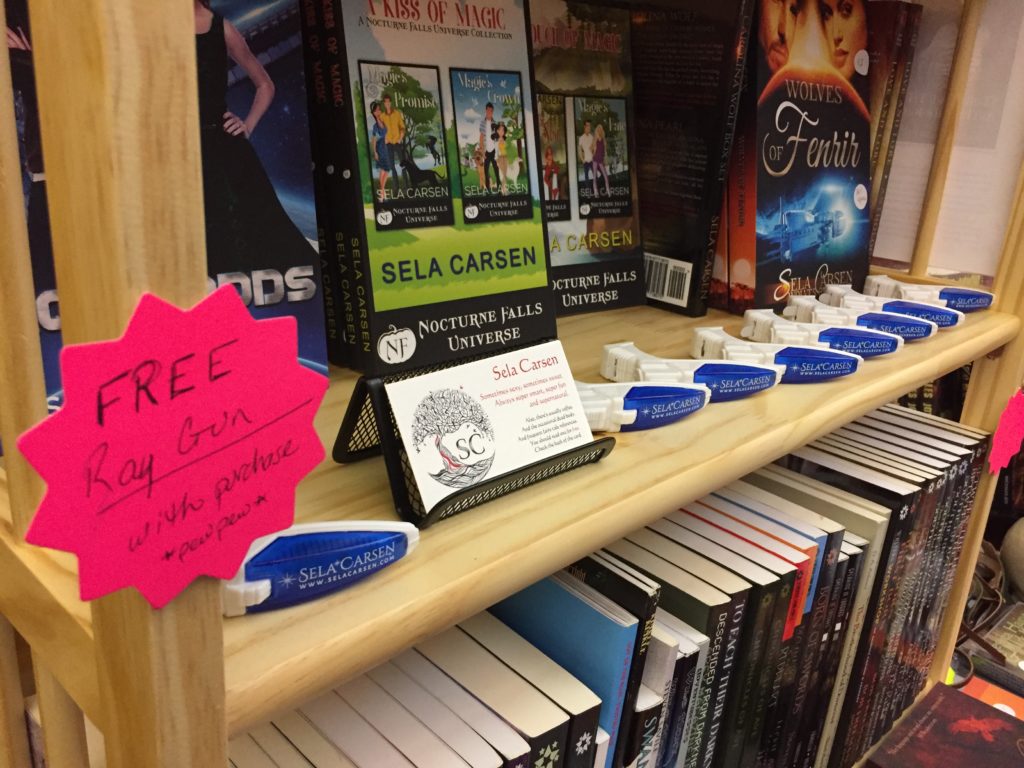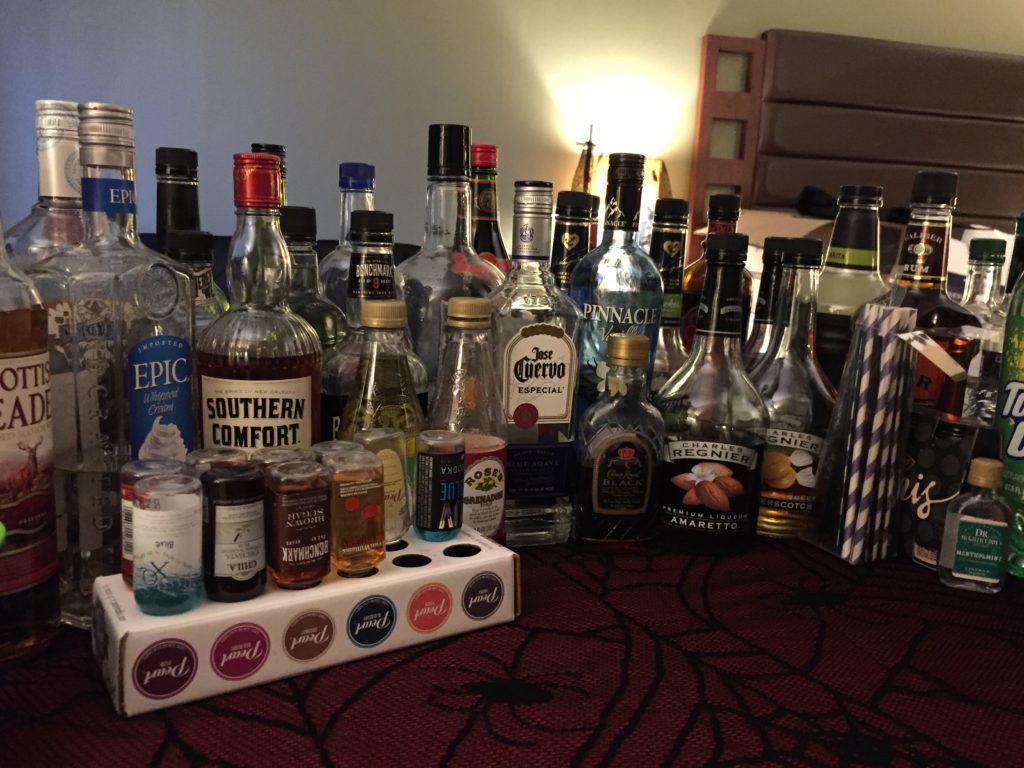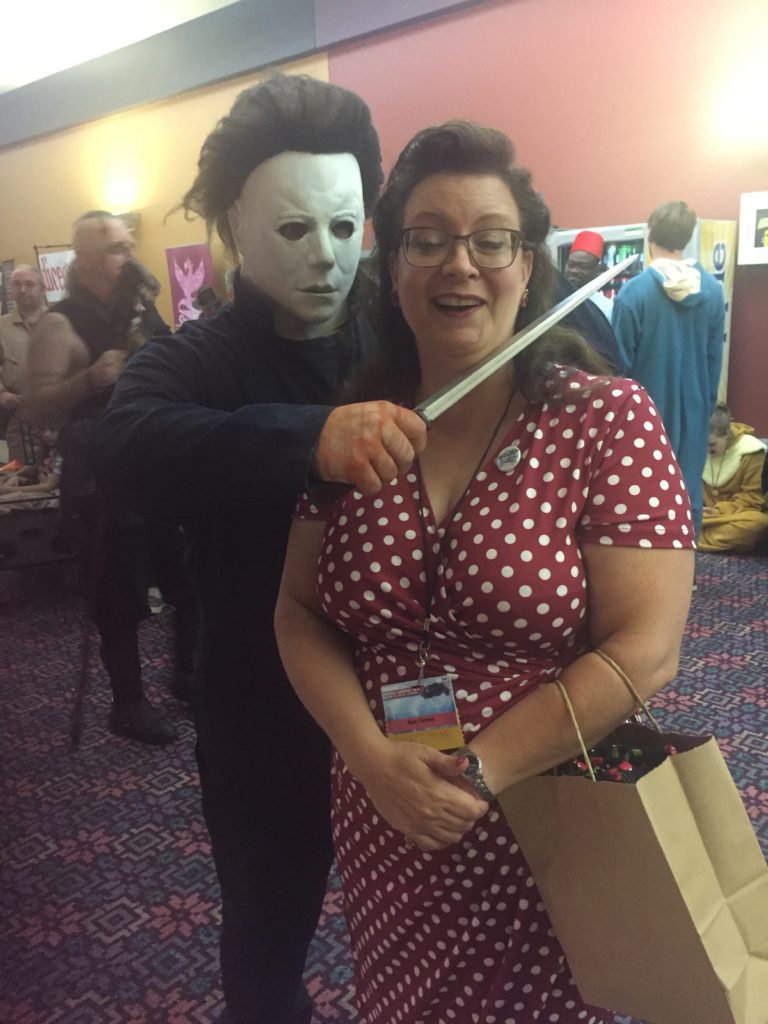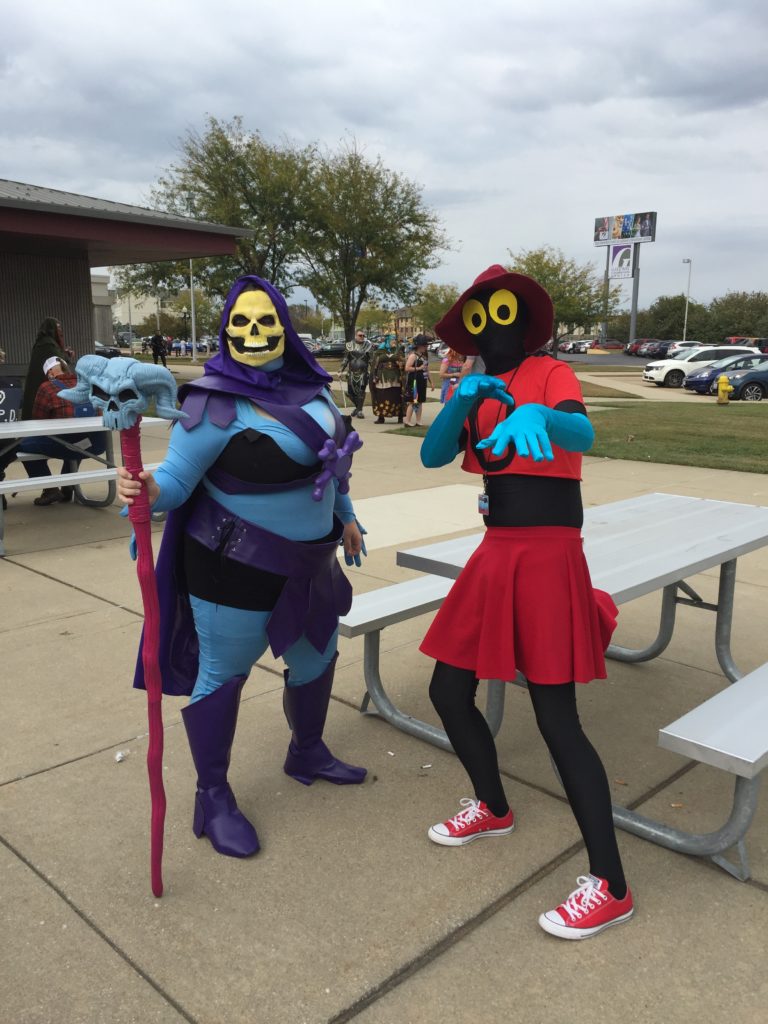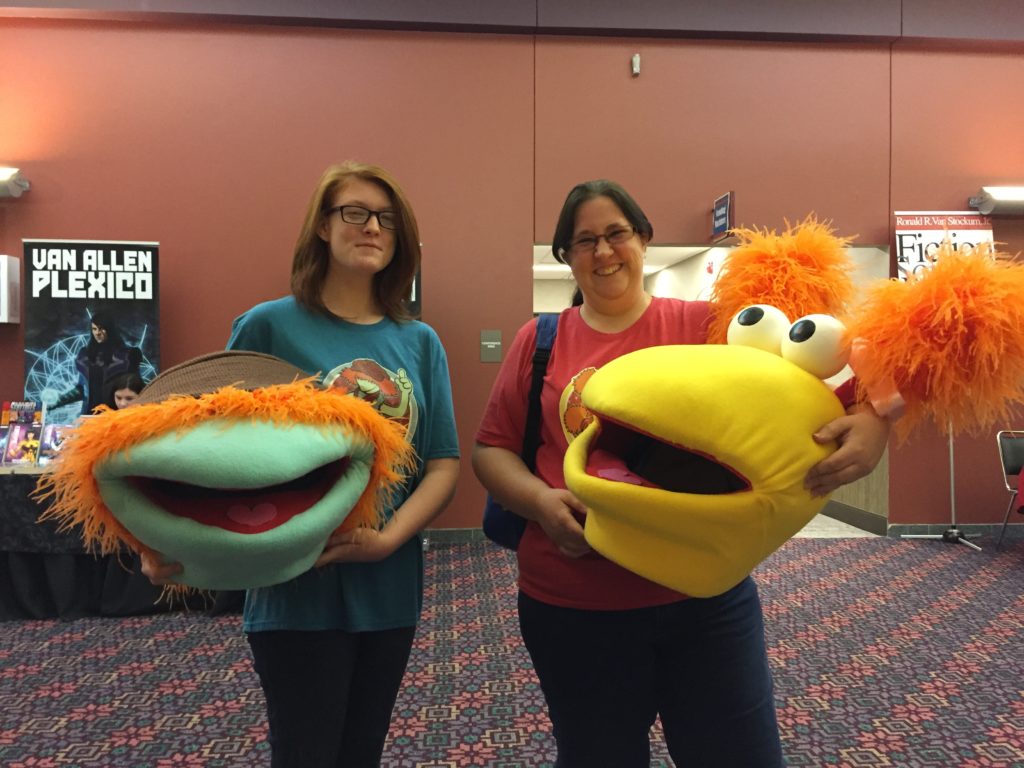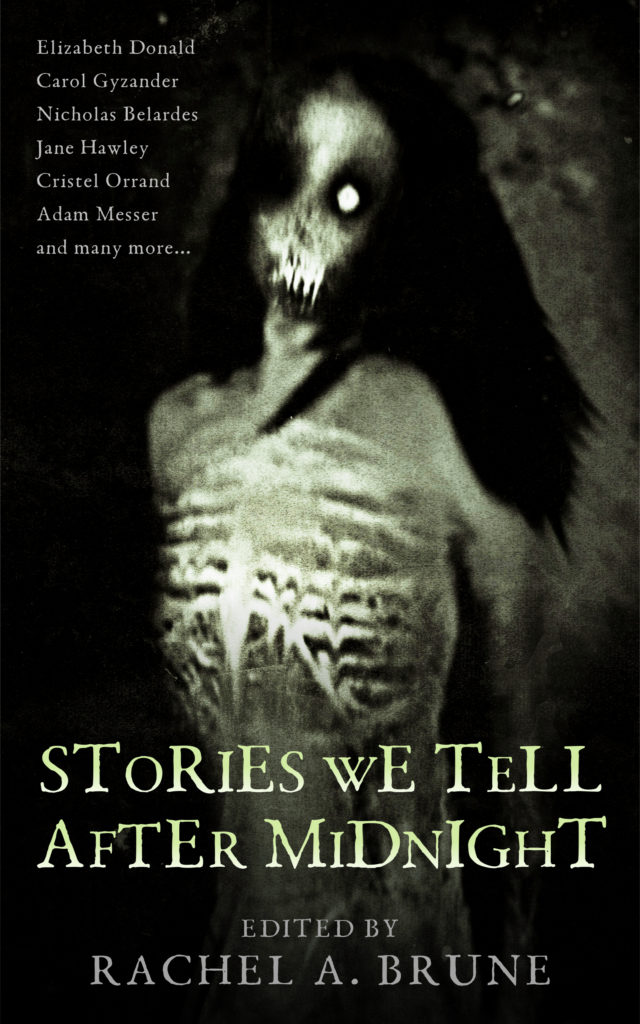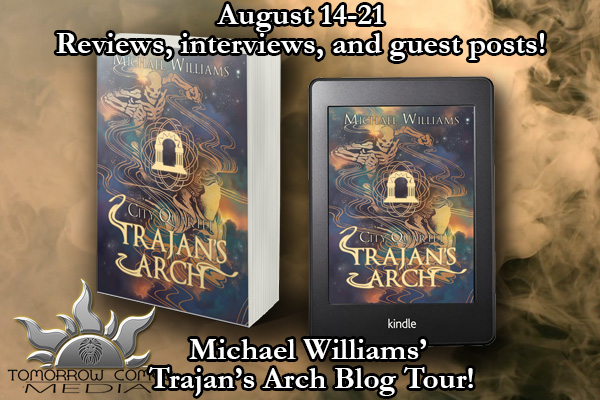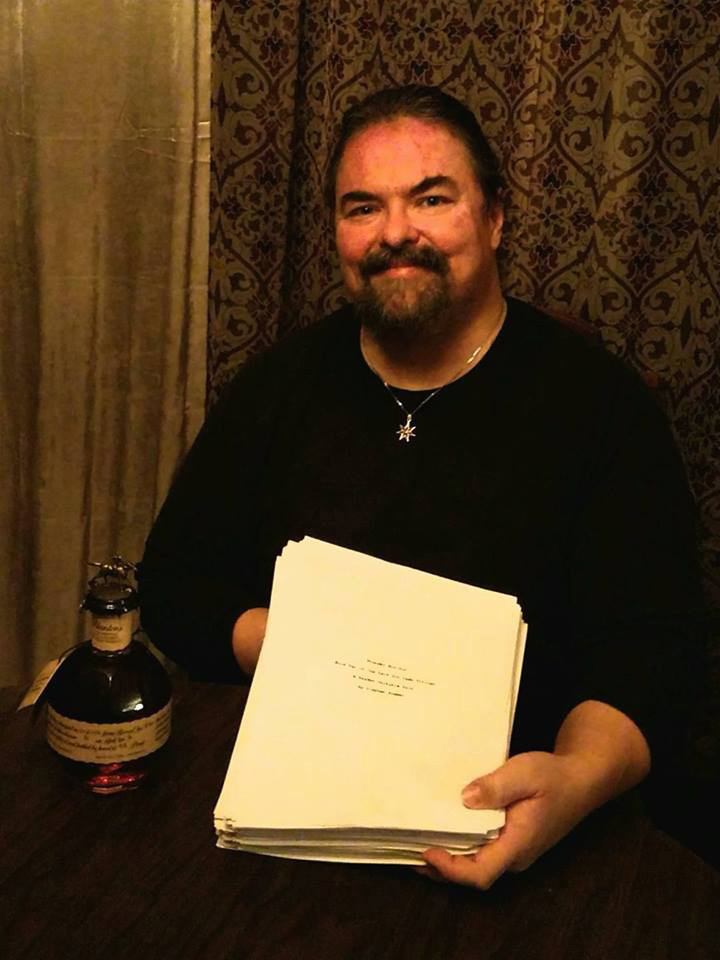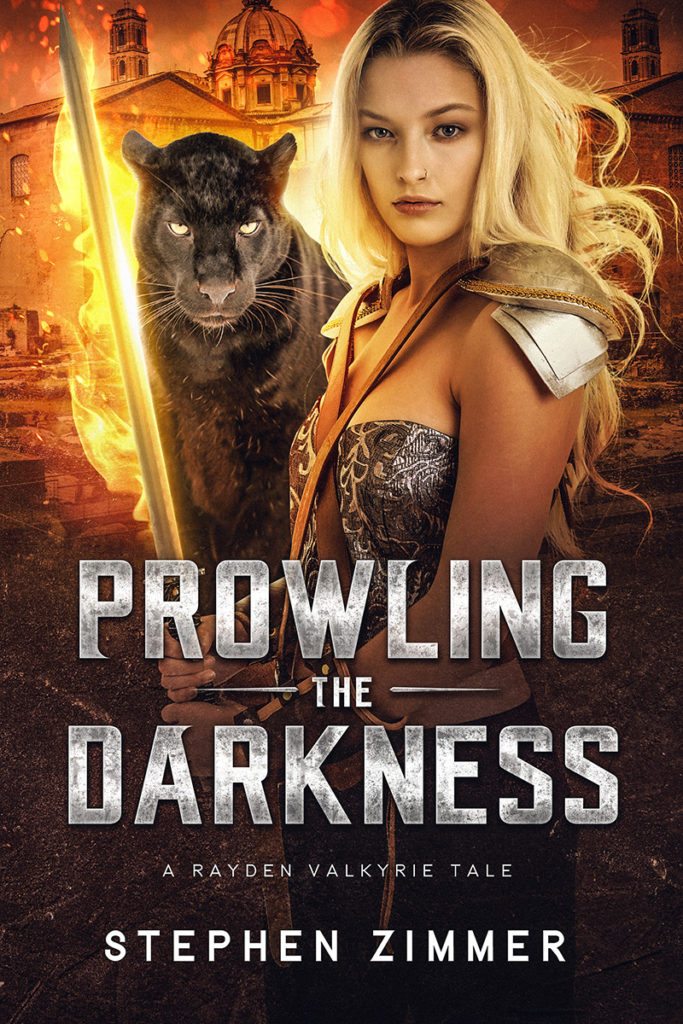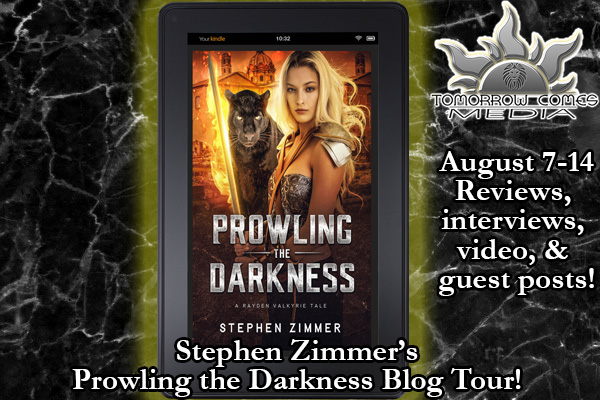Today’s guest author is Michael Houtchen, whose debut novel Tybee Island H-Bomb premieres this week from our friends at Seventh Star Press. Here’s Michael’s story in his own words:
Kentucky has always been my home. I was born in Owensboro and raised in Daviess County. Life was simple back then. I grew up with outhouses, hand-pumps, and coal stoves. If you wanted hot water, you heated it on the stove.
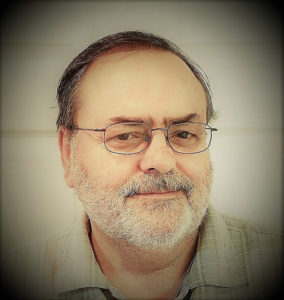
Both of my parents have passed on. I have a half-brother, Danny, but most of our younger lives he lived with his father, so we didn’t get to see each other often. Looking back, sadly, it was like being an only child. My closest friends were the cows, chickens, pigs, goats, sheep, turkeys, geese, ducks, and horses my dad kept on our small farm. I hope I didn’t leave anyone out. Farm animals can be so jealous. Our grocery store – mason jars of mom’s canned vegetables and the occasional trip into town to the IGA.
My dad was a woodsman. You could give him a shotgun, a box of shells and a book of matches, and he could disappear into the forest for weeks. I used to hunt with him, but I was never the woodsman. I can’t tell you how many deer, squirrels, rabbits, raccoons and ground hogs I’ve eaten.
My wife, Stephanie, and I have five kids (three boys and two girls) and eight grandchildren (five boys and three girls). All but one son live here in town. You should see Christmas day at our house.
I’ve had several jobs during my lifetime. When I was thirteen, I had a summer job. I was a soda-jerk at the Utica Junior High School playground. The school is now defunct. It is not my fault the school went defunct.
As an adult, I started out as a janitor. Loved the work, but not the pay. Mapping came next. In other words, I was a draftsman who created maps from surveys. I did that for over twenty years. Mapping full time and going to Brescia College (it’s now a university) at night, I got a bachelor’s degree in computer science. Career change: I was a computer analyst for over twenty years.
There came a day when I realized I was the dinosaur of computer science. Technology had passed me by. So I up and retired. That was in 2014, and I haven’t missed working a day. Truth be known, I do miss the people I worked with.
Notice: I’ve said nothing about writing. I could tell you a pretty good story, but putting it on paper was another thing. Stephanie, my wife, asked, “And why not?” I had no answer.
I should keep this short, so, I will tease you with two important events that happened in my life; two events that I haven’t already discussed. When we meet each other, don’t hesitate to ask me about them.
Monday, September 6, 1965, was a Labor Day, and I was out of school. On that day, I came in contact with a high voltage powerline. Seven thousand two hundred volts entered my hand and exited my head and my feet.
That’s not a typo. It was 7200 volts. I was given up for dead for three days. There is a “rest of the story” as Paul Harvey used to say. Ask me about it when we meet.
The second event: September 17, 2017, I was ordained a permanent deacon in the Catholic Church. It keeps me busy these days. If you’re not sure what a permanent deacon does, Google it.
There you have it: My life story summed up in 1,000 words or less. It sounds like a writing contest, doesn’t it? There’s so much I left out. I could tell you about riding the rails, or the time I hung myself. But those will have to wait until we meet.

Michael on the elements of a good thriller:
A solid series plot.
I like for each book in a series to be standalone, but the overall series could have a well thought out plot, a “traveling” storyline, if you will, traveling from book to book. I wrote a four book series, and I knew were each book was going and how each book tied together.
Interesting characters.
Without interesting characters, the series could/would get boring or grow stale. Adding/removing characters helps keep the storyline fresh. Yes, after a while, there’s nothing wrong with killing off main characters or having them move away. People will hate you, but that’s real life. Never, never kill a pet! Just look at John Wicks.
Realistic situations.
A thriller takes place in the world with real world situations — no hocus pocus. Even if the series takes place on, say, one of Saturn’s moons, it should still have real world situations, like the 1981 movie Outland staring Sean Connery.
Plot twists.
A good series will take you down an expected path, just to come to a dead end. But don’t drop the solution in the last chapter, or by the introduction of a new character with the solution near the end of the story. Work your way, chapter by chapter, to the solution. Keep the reader, guessing. I love hearing people say ̶ I thought it was this person until you killed him.
Research.
Take the time to do the research. I once had a “scene” where a person was starting a helicopter. I went through all the buttons and gauges just fine, only to find out, I had the pilot in the wrong seat. The helicopter inventor was left-handed, so pilots sit in the right seat. A pilot friend, who flew helicopters in Vietnam, pointed out my error.
Tybee Island H-Bomb
The government lost a hydrogen bomb around Tybee Island, Georgia, in 1958, or is that an old wives’ tale?
If it is only a tale, then why are three young men trying to find it, in hopes of selling it to make a dirty bomb?
Before the week is out, six friends from Kentucky will get caught up in kidnapping, murder, and treason, while trying to save one of their own and perhaps the citizens of Tybee Island and Savannah, Georgia.
Kindle Version: https://www.amazon.com/Tybee-Island-H-Bomb-Michael-Houtchen-ebook/dp/B07V6T7BWC/
Amazon Print Version: https://www.amazon.com/Tybee-Island-H-Bomb-Michael-Houtchen/dp/1948042789/
Barnes and Noble Link: https://www.barnesandnoble.com/w/tybee-island-h-bomb-michael-houtchen/1132868604?ean=9781948042789

